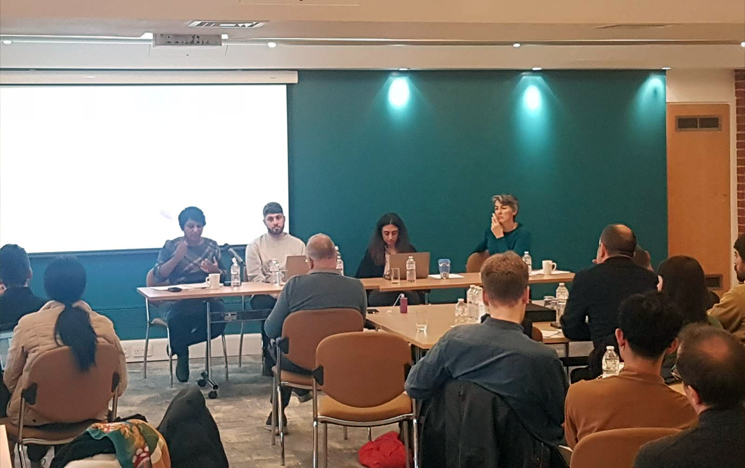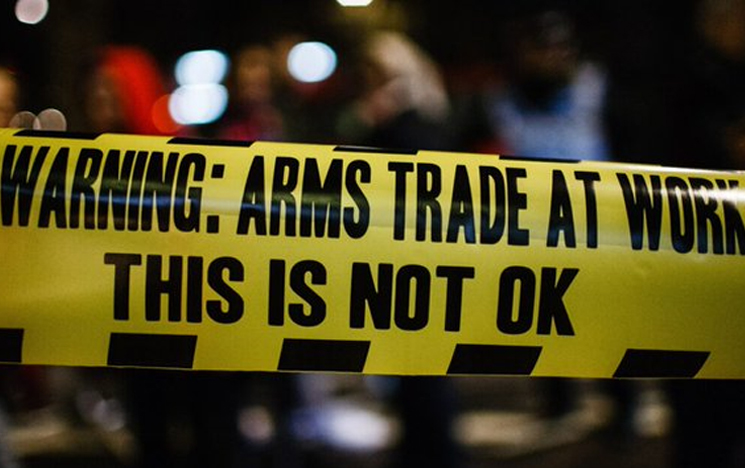News and events
Discover the latest news and events about our research and our people.

Events
'Against a Military Transition: War, Climate Breakdown and Reparative Action' - CGI Advocacy Talk with Khem Rogaly (Common Wealth) and Nico Edwards (University of Sussex)
Date: Thursday 6 February, 3 - 5pm
Location: Global Studies Resource Centre, Arts C Building
'The Antinuclear Movement in Perspective' - Martin Shaw in conversation with Sasha Roseneil
Date: Wednesday 12th February, 5 - 7pm
Location: Fulton Lecture Theatre A
